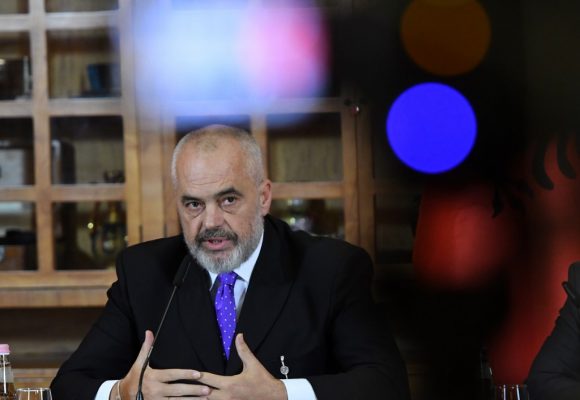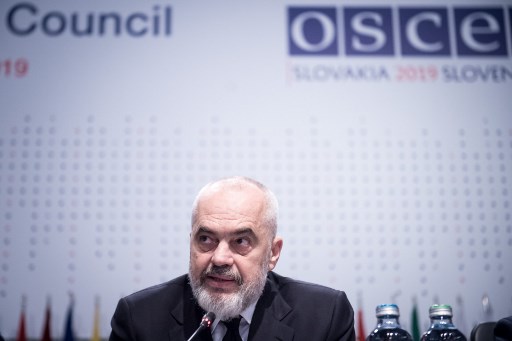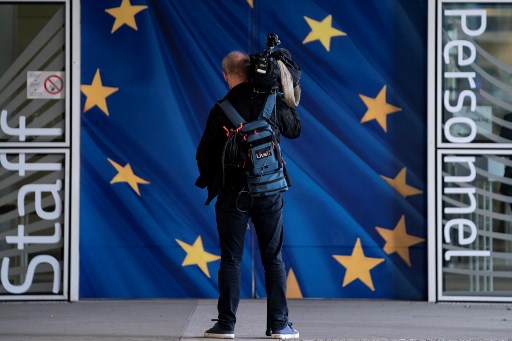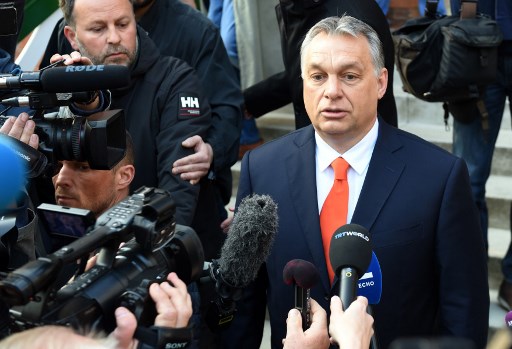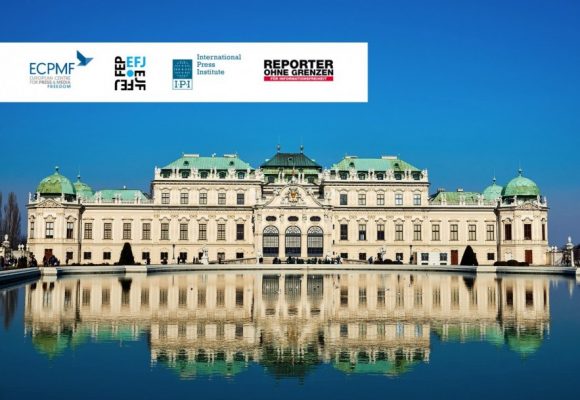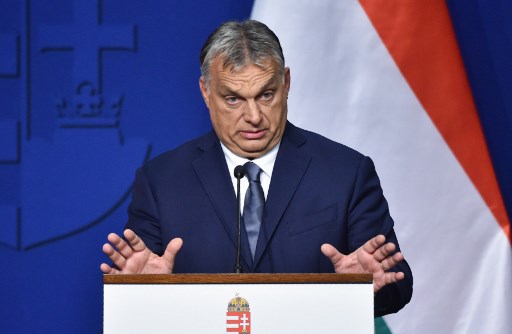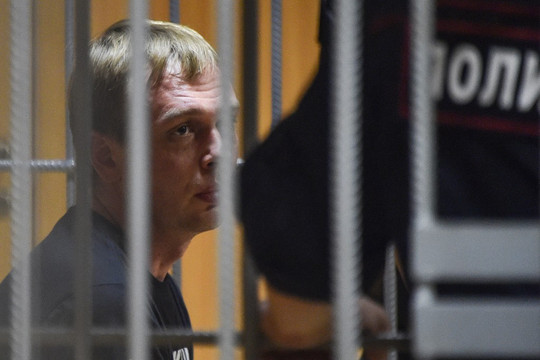Albania: Journalists’ association pushes President to veto “censorship” law
The President of Albania, Ilir Meta, has vetoed a proposed law that would stifle online media following the pressure from the Association of Professional Journalists of Albania (APJA), who denounced the bill as “authoritarian”. The International and European Federation of Journalists (IFJ/EFJ) welcomed the decision, stressing that anti-defamation laws must not be used as tools to restrain press freedom. The proposed amendments to the Law on Audiovisual Media and the Law on Electronic Communications would have granted new government bodies such as the Albanian Media Authority (AMA) and Albanian Communication and Postal Authorities (AKEP), the power to instantly block media…



